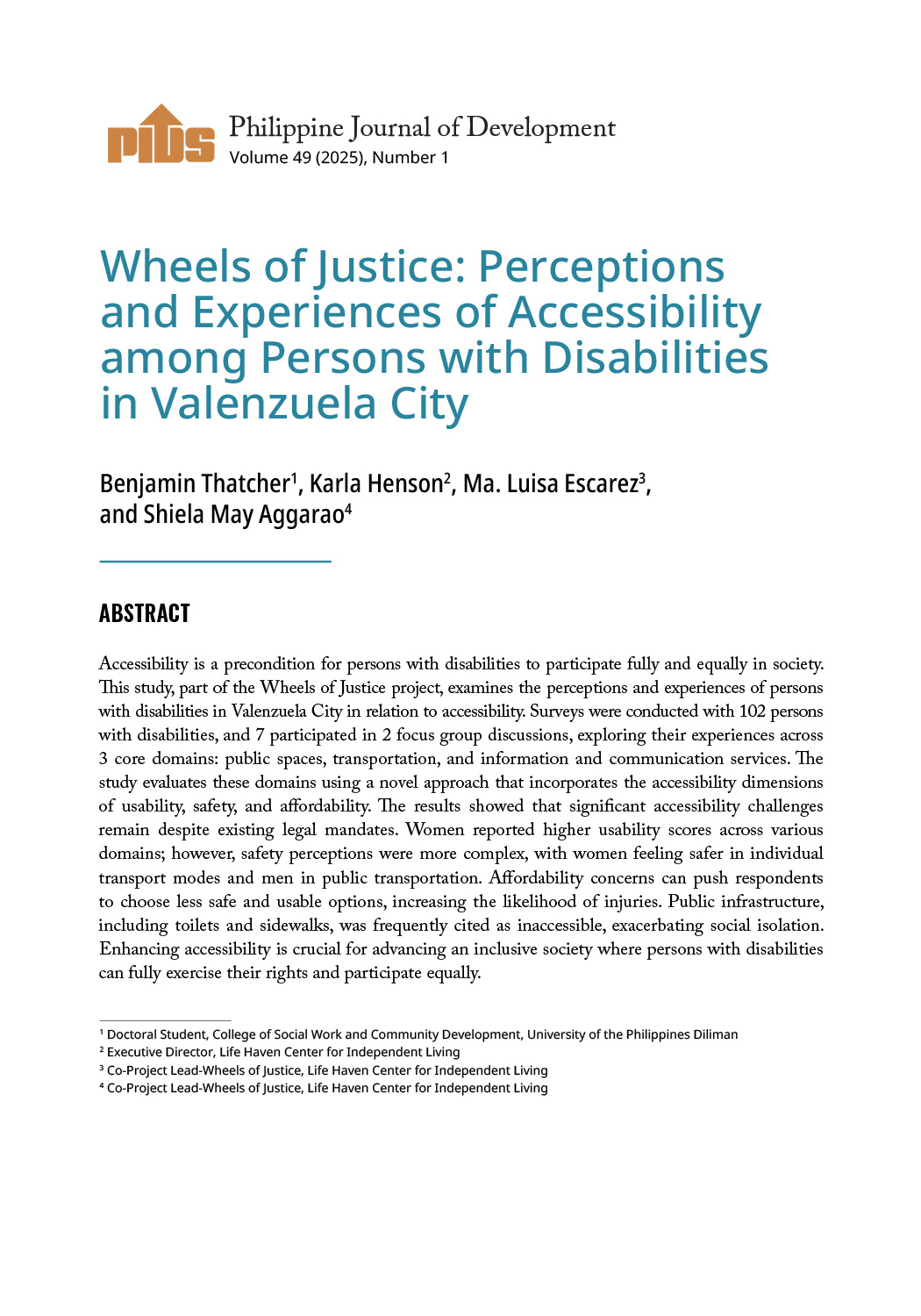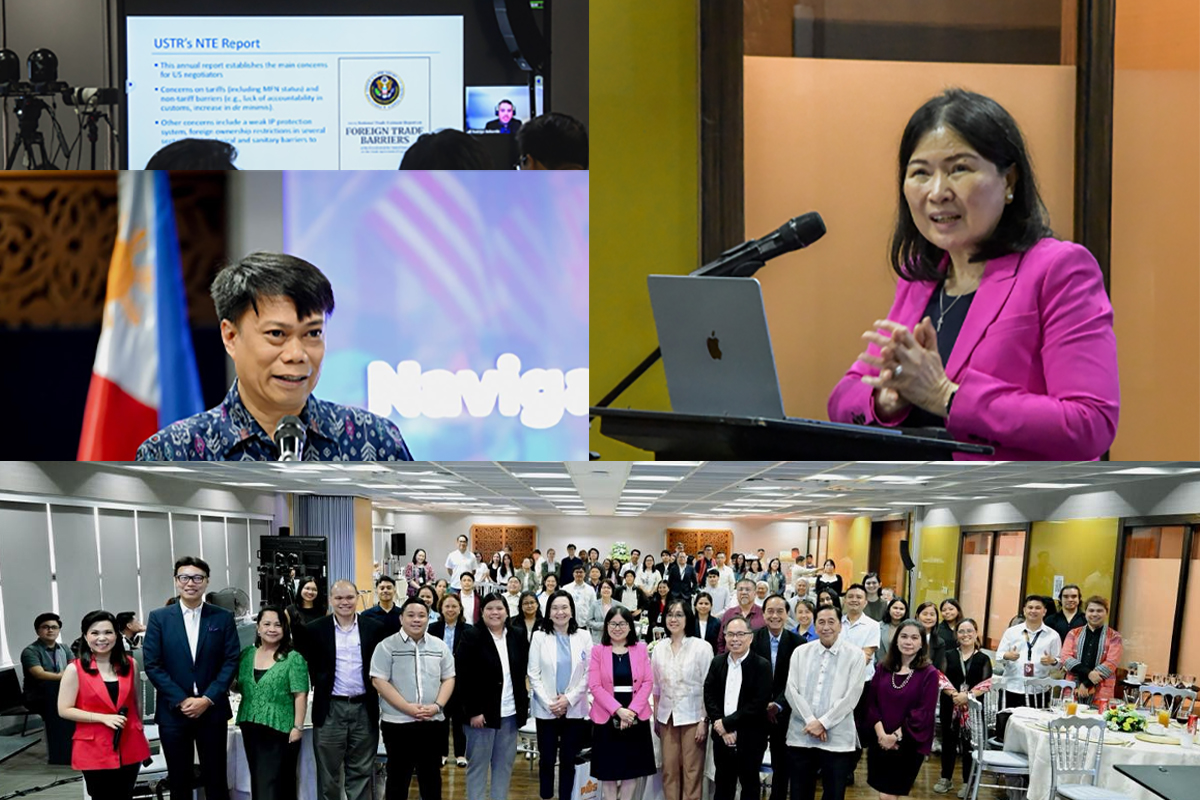The Philippines should already consider enhancing its transparency for investment, possibly starting with improving the information content of the foreign investment negative list (FINL), a report released by the Philippine Institute for Development Studies said.
According to the policy note, Facilitating FDI by Improving the Philippine Investment Negative List, the Philippines has to be credited for recognizing the value of the negative list as early as the 1990s, when the foreign Investment Act (FIA) required the regular issuance of the FINL.
However, the report pointed out the country’s FINL has since remained the same in terms of the level of information it contains, while other countries have already moved and actively pursued further improvements in their transparency environment.
“While the information included in the FINL is already useful, it is but one dimension of the many limiting regulations that impact investment decision,” the report said.
“Other equally critical information are not readily available to investors to enable them to make well-informed decisions. In an ever-increasing level of global competition, improving the transparency environment should be a priority of the government,” it added.
The policy note said other countries have already done so by listing the non-conforming measures annexed to the trade agreements they are a party to.
“Through the said list, these countries enumerate all the regulatory measures they have adopted and maintained that are discriminatory against foreign investors and service suppliers,” the report said.
“In a way, they present a clear picture of their overall investment regime, reflecting their commitment to promote a high level of transparency,” it added.
At the moment, however, the report said the country may be constrained to immediately effect this because changing the provision in the FIA on what the FINL should contain necessitates an act of Congress.
“Notwithstanding, the executive department can call upon its departments and agencies to come up with a transparency list to supplement and address the deficiencies of the FINL,” the policy note said.
“The Philippines can refer to the general template on the negative list as used in trade agreements for guidance and basis,” it added.












